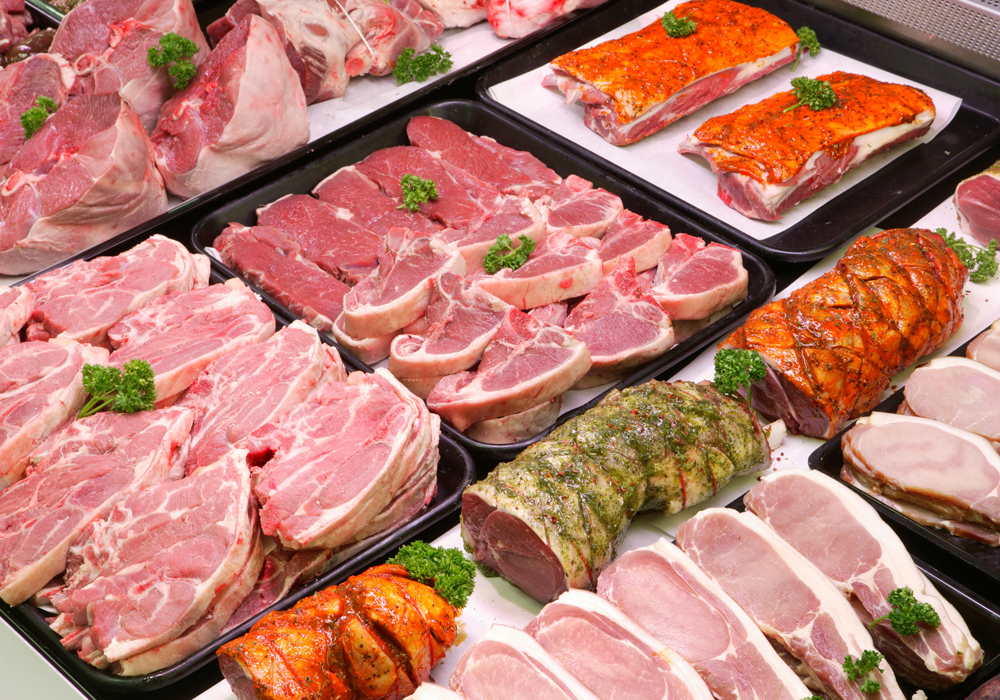Russia’s recent decision to terminate the Black Sea grain agreement, which had facilitated the shipment of large amounts of Ukrainian grain to 45 countries, has once again raised global food security concerns.
The war between Russia and Ukraine, which started in February 2022, has put nearly half of Ukraine’s food exports, primarily destined for developing countries, at risk.
Although Russia has an agreement with the United Nations to export fertilizer and grain without sanctions, ending the grain agreement could significantly impact the worldwide food supply.
Read Also

Trump’s trade policies take their toll on Canadian producers
U.S. trade policy as dictated by president Donald Trump is hurting Canadian farmers in a multitude of ways.
Russia’s discontent with the grain deal as its renewal approached was not new. However, for the first time, Russian President Vladimir Putin explicitly declared the termination of the agreement, leading to widespread uncertainty.
The possibility of resuming the deal or its indefinite halt could severely impact global food security. Surprisingly, though, many grain futures, including corn and wheat, have barely moved since July 17, which may suggest an extension is imminent. Let’s hope so.
Still, uncertainty is highly undesirable when global trades are concerned. Ukraine is responsible for a substantial share of global corn and wheat exports. Although rail shipments remain an option, the efficiency of Black Sea transport is unparalleled in the region.
Ukraine’s significance in the global food market cannot be understated. Before the war, its food exports had the capacity to feed 400 million people, surpassing the entire population of the United States. The country’s farmers contributed one-tenth of the world’s wheat and nearly half of the globally sold sunflower oil. The repercussions of any disruption in this region resonate globally, much like what would happen if Canada were to face invasion. Such is the interconnected nature of global markets.
The Black Sea grain deal, brokered by the United Nations and Turkey last July, played a pivotal role in easing concerns about food security and potential famine. The deal averted a more dire situation, with food prices having soared at grocery stores just 12 months ago because of inflationary pressures caused by the war.
The UN Food and Agriculture Organization’s cereal price index, which stood at 147.3 months after the conflict’s start, experienced a 14 percent decrease in June, reaching 126.6. Similarly, the overall food price index saw a notable drop of nearly 12 percent, from 140.6 to 122.3, during the same period, largely attributed to the Black Sea grain deal.
The Kremlin’s shift in tone regarding the grain deal likely reflects how the war is progressing. In an apparent attempt to use all means necessary to further its cause, Russia seems to be weaponizing hunger — a historically effective tactic to inflict suffering upon populations. The world has witnessed the dark side of food geopolitics throughout history, and unfortunately, it seems history may repeat itself.
Terminating the Black Sea grain deal threatens global food security and stability. The international community must mobilize and rally to extend the agreement to prevent dire consequences. This situation serves as a stark reminder of Russia’s significant influence and power in shaping the global food security agenda. It is essential to recognize and address such challenges to counter the potential evil that exists on Earth.
As the world faces these issues, the gravity of ensuring food security for all nations becomes ever more apparent.
Sylvain Charlebois is senior director of the agri-food analytics lab and a professor in food distribution and policy at Dalhousie University. This article first appeared on the Troy Media website.














